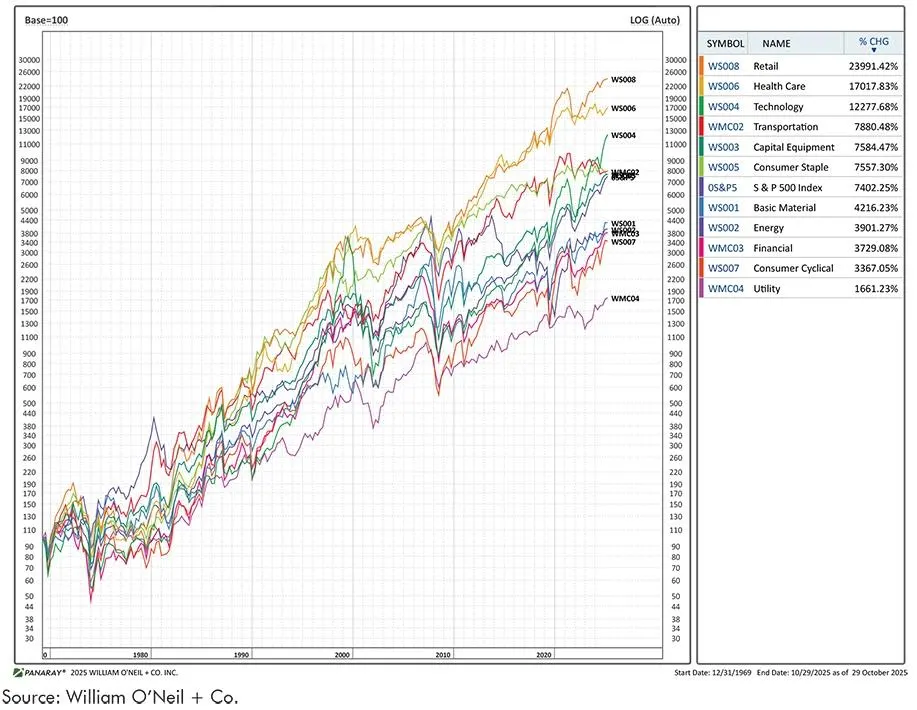Copyright scmp

Apple plans to pay about US$1 billion a year for an ultrapowerful 1.2 trillion parameter artificial intelligence model developed by Alphabet’s Google that would help run its long-promised overhaul of the Siri voice assistant, according to people with knowledge of the matter. Following an extensive evaluation period, the two companies are now finalising an agreement that would give Apple access to Google’s technology, according to the people, who asked not to be identified because the deliberations are private. The iPhone maker is banking on Google’s help to rebuild Siri’s underlying technology, setting the stage for a new slate of features next year. The Google model’s 1.2 trillion parameters – a measure of the AI software’s complexity – would dwarf the level of Apple’s current models. Apple had previously considered using other third-party models to handle the task. But after testing Gemini, OpenAI’s GPT and Anthropic’s Claude, Apple zeroed in on Google earlier this year, Bloomberg reported at the time. The hope is to use the technology as an interim solution until Apple’s own AI models are powerful enough. The new Siri is on track for next spring, Bloomberg has reported. Given the launch is still months away, the plans and partnership could still evolve. Apple and Google representatives declined to comment. Shares of both companies briefly jumped to session highs on the news on Wednesday. Apple’s stock gained less than 1 per cent to US$271.70, while Alphabet was up as much as 3.2 per cent to US$286.42. The custom Gemini system represents a major advance from the 150 billion parameter model used today for the cloud-based version of Apple Intelligence. The move would vastly expand the system’s power and its ability to process complex data and understand context. Known internally as Glenwood, the effort to fix Siri with a third-party AI model has been led by Vision Pro headset creator Mike Rockwell and software engineering chief Craig Federighi. The new voice assistant itself, planned for iOS 26.4, is code-named Linwood. Under the arrangement, Google’s Gemini AI model will handle Siri’s summariser and planner functions – the components that help the voice assistant synthesise information and decide how to execute complex tasks. Some Siri features will continue to use Apple’s in-house models. The model will run on Apple’s own Private Cloud Compute servers, ensuring that user data remains walled off from Google’s infrastructure. Apple has already allocated AI server hardware to help power the model. While the partnership is substantial, it is unlikely to be promoted publicly. Apple will treat Google as a behind-the-scenes technology supplier instead. That would make the pact different than the companies’ Safari browser deal, which made Google the default search engine. The agreement would also be separate from earlier talks about integrating Gemini directly into Siri as a chatbot. Those discussions came close to fruition in both 2024 and earlier this year, but ultimately did not materialise into a feature. The partnership also does not weave Google AI search into Apple’s operating systems. On Apple’s most recent earnings call, CEO Tim Cook said Siri could eventually offer additional chatbots – beyond the current ChatGPT option. Apple is not alone in adopting Gemini to power AI features: Snap and several other major companies are building on Google’s Vertex AI platform. But for Apple, the move marks an acknowledgement that it has fallen behind in AI – and is now willing to rely on outside technology to catch up. Apple still does not want to use Gemini as a long-term solution. Despite the company bleeding AI talent – including the head of its models team – management intends to keep developing new AI technology and hopes to eventually replace Gemini with an in-house solution, the people said. To that end, the company’s models team is working on a 1 trillion parameter cloud-based model that it hopes to have ready for consumer applications as early as next year. Apple executives believe the company can reach a similar quality level as the custom Gemini offering. But Google continues to enhance Gemini, and catching up will not be easy. The 2.5 Pro version of Gemini sits atop most leader boards that compare large language models, the foundation of generative AI. Apple also continues to push to bring Apple Intelligence and the new Siri to China. Because of China’s long-time ban on Google offerings, the localised version of the Siri overhaul is unlikely to rely on Gemini. The tailored version of Apple Intelligence will use in-house models, along with a filter developed by Alibaba Group Holding. Hangzhou-based Alibaba owns the Post. That layer would adjust the content at the behest of the Chinese government, Bloomberg News reported earlier this year. Apple also has been eyeing a partnership with Baidu for its AI offerings in the country.



